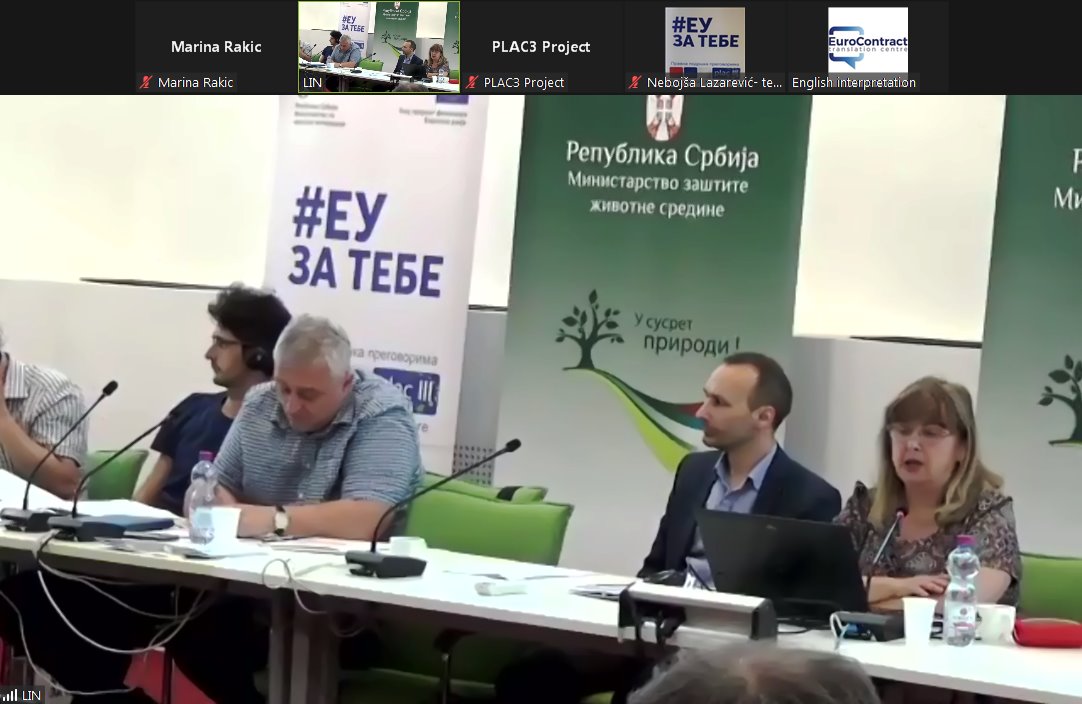Within the scope of activities related to Negotiation Chapter 27, PLAC III project has provided support to the Ministry of Mining in Energy in transposing requirements set in the Union acquis on the geological storage of carbon dioxide.
Geological storage of carbon dioxide is regulated by the Directive 2009/31/EC (so-called CCS Directive). In Serbia, the main principles and priorities identified in the Directive are partially transposed through the Law on Mining and Geological Research. The Law created the legal basis for the adoption of secondary legislation, which will establish full compliance with the acquis relating to geological research pertaining to identification of favourable geological formations and structures, as well as depleted deposits of mineral raw materials for storing of CO2.
According to Article 21 of the Law on Mining and Geological Research, the Government will define the conditions, criteria, procedure and manners of issuing of approvals and other special requirements relating to geological research pertaining to identification of favourable geological formations and structures, as well as depleted deposits of mineral raw materials for storing of CO2.
In the close cooperation with the beneficiary institution, project expert Florina Sora has worked on the legal gap analysis identifying discrepancies between the national legislation and the Directive as well as on drafting the government’s regulation.
At a workshop held on 16 May 2022, Sora presented the Directive adopted as part of an EU package of climate and energy measures aimed at cutting the greenhouse gas emissions that contribute to climate change. Therefore, the topic crosses also with the environmental protection and climate change. The Directive creates the legal framework for the safe geological storage of CO2. It is applied when more than 1,000 kilotons are stored. Member states issue exploration and storage permits and are obliged to inform the European Commission on it. Monitoring of CO2 levels is obligatory, as well as reporting once per year until the closure of the site and three years after it. Potential operators have to prove their technical competence to operate a storage site safely as well as to present financial guarantees and financial contribution to cover, at least, the cost of monitoring the site for 30 years. Sora gave the overview on the best practices for efficient implementation in Europe and selected EU Member States. As of June 2021, the geological storage of CO2 is currently permitted in 19 countries. According to her, experience with licensing procedures for CO2 storage in Europe is very limited, with only three countries (Norway, Netherlands and the UK) that have awarded storage licenses according to the provisions of the Directive. The only country that has practical experience with industrial-scale CO2 storage sites in operation is Norway.
Project expert presented the draft of the regulation as recommendation for Serbia how to transpose Union acquis, noting that secondary legislation will ensure only partial transposition of the CCS Directive and that for full transposition it should be complemented by other draft Governmental Regulations.
The workshop was attended by the representatives of the Ministry of Mining and Energy, Ministry of Environmental Protection and Serbian Geological Institute, as well as of mining and energy companies.
Cover photo: European Commission




